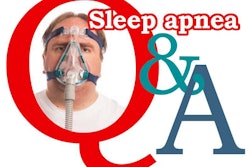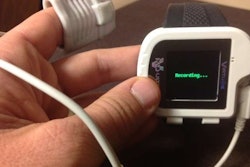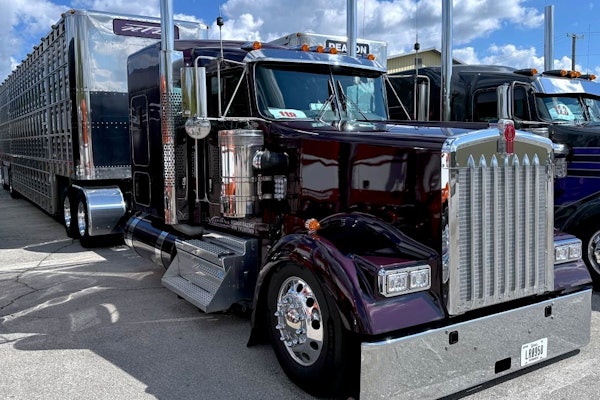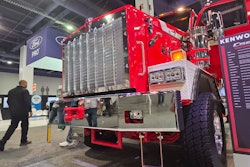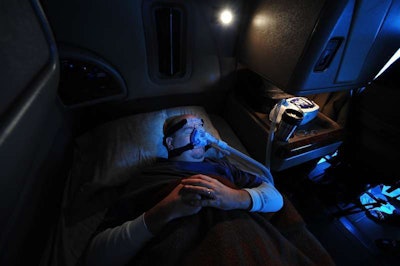
According to Darling’s letter, the bulletin will remind examiners and medical training organizations that referrals to sleep specialists for testing are based on their judgment as medical professionals and not a result of specific screening requirements in federal regulations. The bulletin was also expected to reiterate that there is no regulatory guidance beyond year 2000-adopted “interpretive guidance” that requires referrals to specialists for drivers who show evidence of a respiratory dysfunction of any kind that could interfere with the ability to operate safely, including sleep apnea.

Drivers with diagnosed sleep apnea that is not being effectively treated, under current regulations, can not be medically certified.
The agency dug in its heels, however, on the issue of oversight of the medical examiner training organizations. Rep. Larry Bucshon (R-La.) and Rep. Daniel Lipinski (D-Ill.), authors of the original letter to Darling, say the organizations are in essence sidestepping the Congressional order that FMCSA use notice-and-comment rulemaking for any new rules around apnea. The reps expressed concern over some of the FMCSA-approved organizations’ teaching of very specific screening criteria for apnea as if it is part of law. Read the reps’ letter, sent in October, via this link.
Darling, however, said in his response letter that while FMCSA has a list of topics that must be covered in training courses, it does not bar organizations from presenting more information to the examiners. Moreover, FMCSA “neither reviews nor approves training materials or programs,” he wrote.
Darling also said the agency plans to publish a notice this year that will request information from industry stakeholders to help the agency determine the costs and safety benefits of a rule to address sleep apnea screening.
For more in-depth reporting on this issue, read our September 2014 sleep apnea feature.

